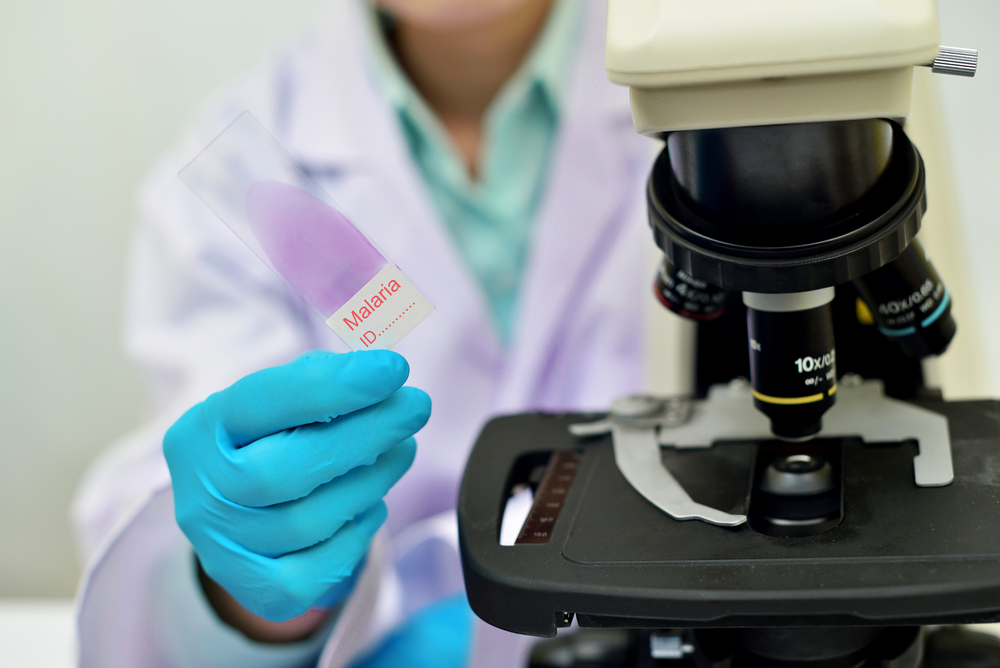
In continuing its ongoing efforts into malaria research, the National Institute of Allergy and Infectious Diseases (NIAID) recently announced $9 million in first-year funding for seven malaria research centers in Africa, Asia, and Latin America.
The seven-year awards are a continuance of NIAID’s 2010 initiative, which created the International Centers of Excellence in Malaria Research (ICEMRs), located in regions where the disease is deemed as endemic.
While instances of malaria infection and mortality have decreased in recent years, the World Health Organization estimates that approximately 212 million new cases appeared in 2015, which resulted in approximately 429,000 deaths worldwide. Currently, there are a number of promising vaccine candidates being tested, however none have been approved for widespread use at this time.
“The 2017 awards under the ICEMR program will enable scientists to continue vital malaria research, which often straddles disciplines to address the most pressing problems and practicalities of fighting malaria,” Lee Hall, chief of NIAID’s Parasitology and International Programs Branch, said.
Hall said the ICEMR research went beyond the results of individual experiments and that the program placed many parasite and mosquito genomes in the public domain, which assists other researchers in developing the next generation of drugs, vaccines, and diagnostics.
ICEMR researchers recently discovered that some rapid diagnostic tests for malaria are failing to detect the disease because some malaria parasites do not express the antigen that the test detects. Researchers also found that some mosquito populations have changed their behaviors, which NIAID said might be in response to various mosquito control measures.




